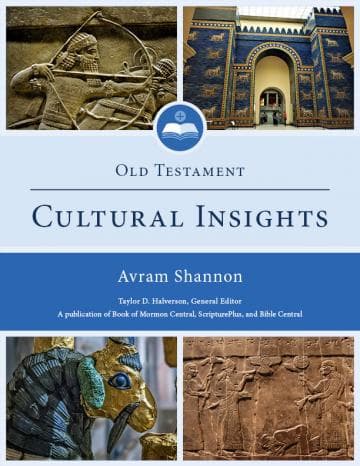Book
71 Chapters

Melchizedek, whose name means “king of justice,” is something of a mysterious figure in the Old Testament. He only appears in Genesis 14 and in Psalm 110. According to Genesis 14:18–20, Melchizedek was the king of Salem (traditionally associated with Jerusalem) and the priest of the “most high God” (Hebrew: El-Elyon). In these verses, Melchizedek brought bread and wine, blessed Abraham in the name of the most high God, and then blessed the most high God for aiding Abraham. Abraham then paid tithes “of all” to Melchizedek. These three verses are the total sum of the Melchizedek material in Genesis.
Psalm 110:4 states that the ancient Israelite king was “a priest for ever after the order of Melchizedek.” This suggests that the Israelites saw Melchizedek as the patron or exemplar for the priestly functions exercised by Israelite kings. This verse was used by the author of Hebrews in the New Testament to explain how Jesus, who is not of Levitical descent, could be a high priest since Melchizedek was also a non-Levitical priest.
Melchizedek figures prominently in Latter-day Saint discourse. In the Book of Mormon, Alma 13 expands on the Melchizedek narrative significantly, informing Latter-day Saint readers that Melchizedek was a king under his father and ruled over a wicked people. He preached to his people, they repented, and then Melchizedek set up a righteous civilization. The Joseph Smith Translation of Genesis 14:25–40 also contains additional material on Melchizedek, connecting him with Zion and the covenant that God makes with Enoch in Moses 7. Doctrine and Covenants 84:14 reveals that Abraham received priesthood ordination from Melchizedek, although it does not say when Abraham received it in relationship to the interactions between him and Melchizedek recorded in Genesis 14.
Genesis 14:18–20
Psalm 110:4
Book
71 Chapters
Items in the BMC Archive are made publicly available for non-commercial, private use. Inclusion within the BMC Archive does not imply endorsement. Items do not represent the official views of The Church of Jesus Christ of Latter-day Saints or of Book of Mormon Central.